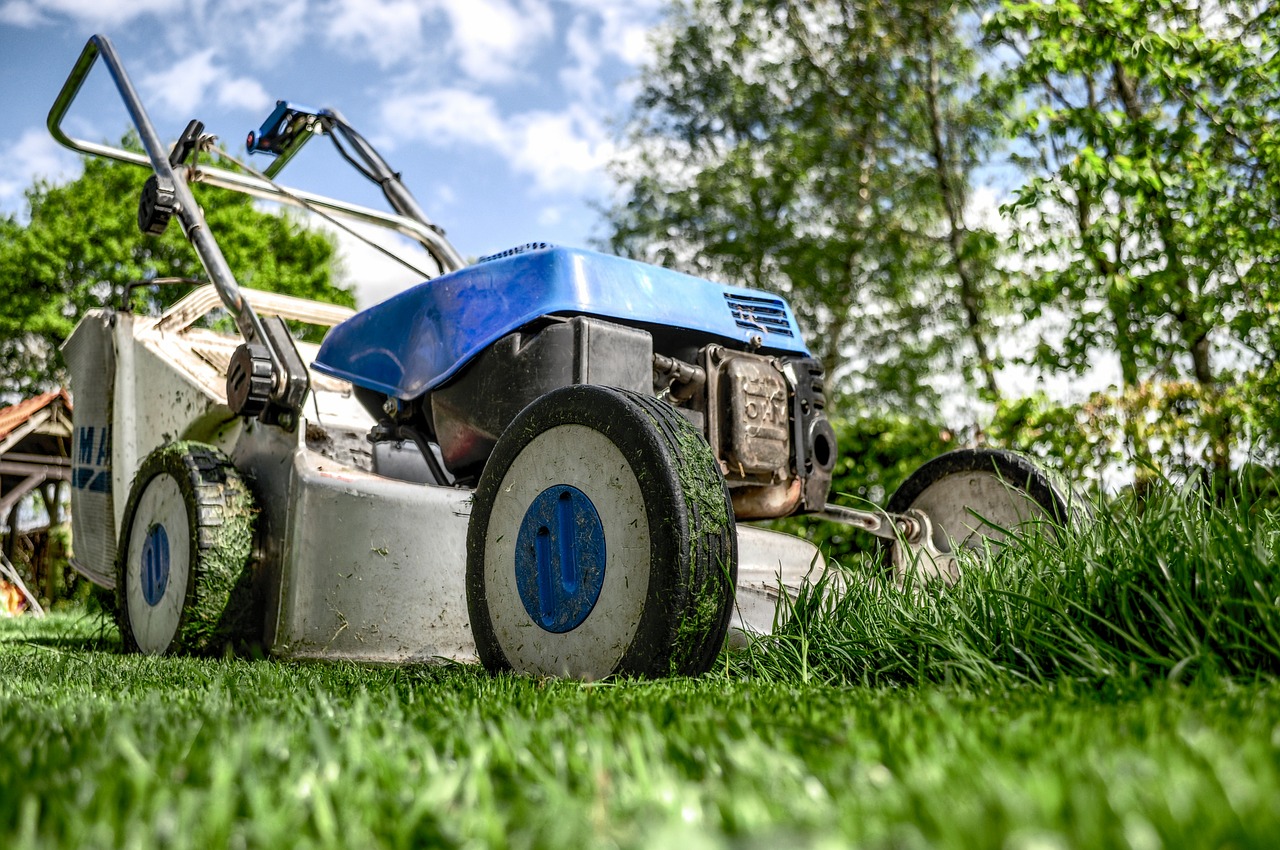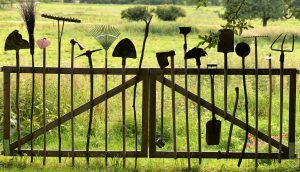
23 May The Most Dangerous Sport of Them All…
What are we talking about? Well, gardening, of course! Gardening injuries become increasingly common in the late spring as weeds are tackled, pots planted, and soil turned over, and we see plenty of gardening-induced low back, knee and shoulder injuries in the clinic as a result!
So, what advice is there to offer?
1: Keep an Eye on the Clock
All too often, patient stories begin with, “Well, I was only planning on doing a little bit of weeding, but before I knew it, the sun was going down, and I realised I’d been in the garden for six hours.”
Clearly, this is too much! So, make a sensible plan to do a period of gardening you think you can cope with, and stick to it! If you’re not used to doing more than an hour of exercise at a time, it would probably be unwise to set out on four hours of continuous, heavy gardening. Be realistic, and break the large jobs up so they get done over a few days.
2: Time for a Break
It sounds obvious, but taking regular, short breaks can prevent the body getting exhausted. If you have a smartphone, set a timer, or if you have the radio on, stop each time the news comes on. Choose something simple, and stick to it!
3: Posture!
We don’t expect everyone to do their gardening with perfect posture, but be sensible. If you’re lifting heavy objects, lift with your legs, not your back. If you’re working at ground level, find a stool to sit on, and if knelt for a while have something under your knees, remembering to get up and move around at regular intervals
4: Teamwork
If you have help in the garden (paid or otherwise), get them to help you. They can help lift heavy objects, and assist when pulling out tough roots. Your body might not be used to doing such manual work so consider how much is reasonable and break the big jobs up.
5: The Right Tool for the Job
Whilst we might not all be kitted out with everything that the garden centre has to offer, it’s important not to risk your health by using the wrong tools.
Long-handed tools are great for overhead work which otherwise puts a lot of strain onto shoulders and the neck, and there are many devices that can help prevent needing to be bent over all day. So, whilst you don’t need to go catalogue-crazy, a few choice tools might be a worthwhile investment.
Also, those lawnmowers can be hard work! You might want to read our blog about rotation before setting out with that Flymo as well…
6: Fuel
It’s not unreasonable to think that a day of heavy work in the garden needs fuel. Make sure you’ve had your breakfast, and don’t skip lunch! We’re not fans of constant snacking, but if you’re doing a tough bout of manual work, the occasional snack will keep blood glucose up.
Hydration is also important, so keep having something to drink during your breaks – not just tea or coffee either, since they cause dehydration due to the caffeine in them. And perhaps leave the G&T until the end, when you can relax and survey your achievements for the day.
Those are a few bits of advice that might keep you away from our doors this spring and summer, and instead, keep you busily working in your gardens.
Of course, should something happen, our typical advice is to get it attended to sooner rather than later. A problem tackled early can take a lot less time and
Toby is an osteopath at OpenHealth, and regularly contributes to our blogs.






No Comments